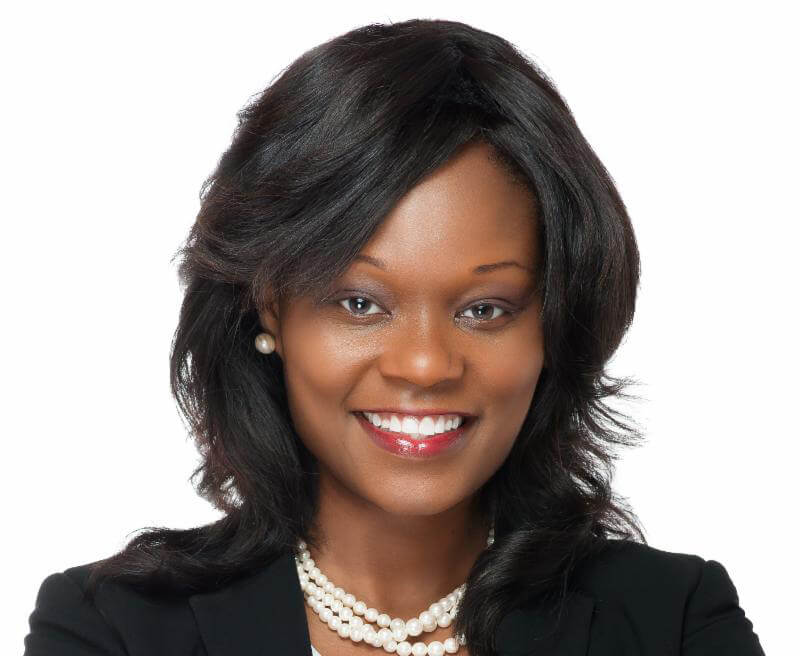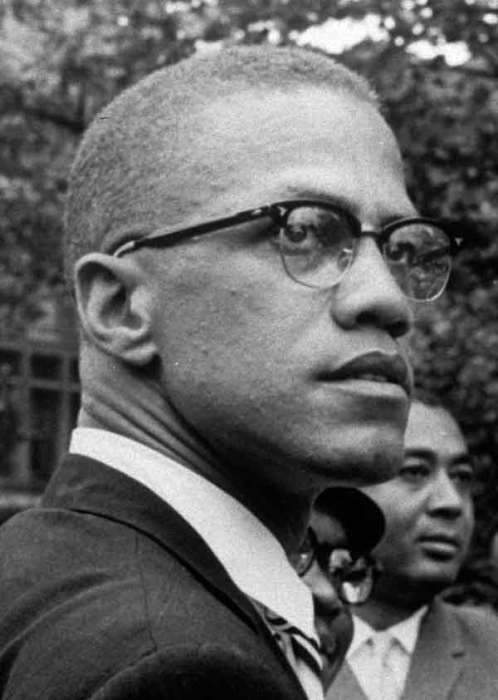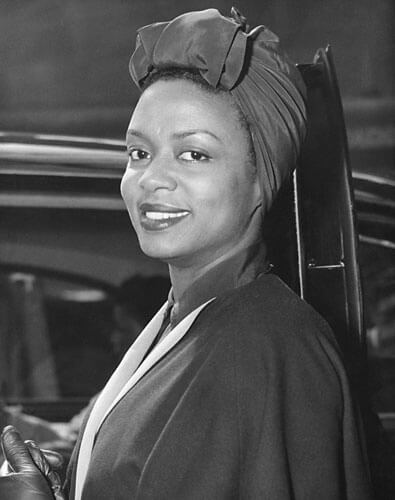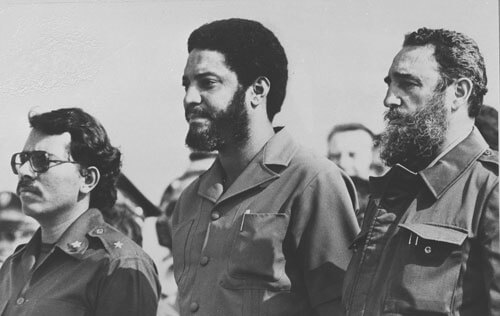In recognition of Black History Month 2022 and its theme of Black health and wellness, Brooklyn Democratic Party Chair Assembly Member, Rodneyse Bichotte-Hermelyn on Tuesday, Feb. 2 celebrated the “contributions, triumphs and tribulations of Blacks who have indelibly shaped our nation and those who continue to do so.”
“Black History Month is not only a celebration of the pioneering contributions of those who paved a trail before us but also a driving force to continue their fight for equality,” said Bichotte Hermelyn, the daughter of Haitian immigrants, who represents the 42nd Assembly District in Brooklyn.
“This year’s theme of Black health and wellness is especially poignant: The pandemic showed us just how deeply rooted the racial disparities in health care are,” she added. “As we celebrate our diversity and culture, we must also focus on Black health and wellness to correct the many systemic health care iniquities — including the Black maternal healthcare crisis — head-on.”
Bichotte-Hermelyn said she is “committed to making health care accessible for New Yorkers, and particularly for the many people of color struggling to access quality care.”
The assemblywoman also recognized two Black pioneers from the past and present: Brooklyn’s first Black elected official, Bertram L. Baker and Dr. Kizzmekia Corbett, a Black woman praised as key scientist behind the COVID-19 vaccine.
B
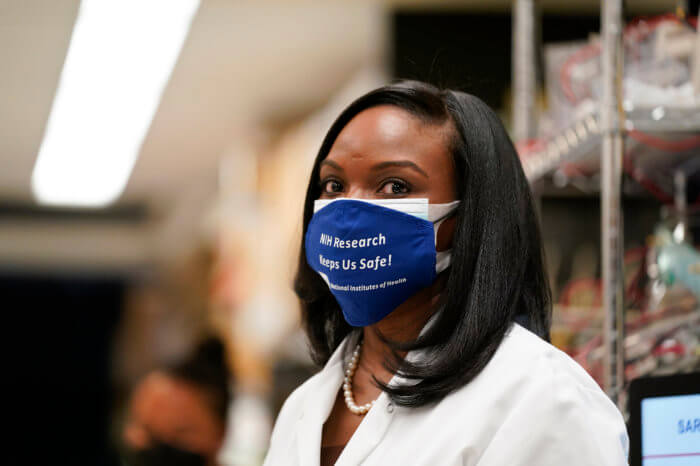
ichotte-Hermelyn noted that Baker migrated from Nevis in 1915, when he was 17 years old.
He moved to Bedford-Stuyvesant in 1923, and lived at 399 Jefferson Avenue, when he was elected to office.
Baker was a member of the New York State Assembly from 1948 to 1970, representing central Brooklyn, New York.
During his tenure in the assembly, Bichotte-Hermelyn said Baker sponsored bills prohibiting various types of discrimination, most notably New York’s fair housing law.
The Metcalf-Baker Act, which was sponsored in the State Senate by George R. Metcalf, was one of the first laws anywhere that outlawed discrimination in housing, Bichotte-Hermelyn said.
She noted that Dr. Corbett was recently highlighted in the Time’s “Time100 Next” list under the category of “Innovators”, with a profile written by Dr. Anthony Fauci.
Dr. Fauci said “Kizzmekia Corbett, the scientific lead of the Vaccine Research Center’s coronavirus team at the US National Institutes of Health, is widely recognized in the immunology community as a rising star.
“For the past six years, she has focused on coronavirus biology and vaccine development,” he said. “During the pandemic, those years of research led to the discovery that a stabilized version of a spike protein found on the surface of all coronaviruses can be a key target for vaccines, treatments and diagnostics.”
Dr. Fauci said Dr. Corbett and her colleagues have been “central to the development of the Moderna mRNA vaccine and the Eli Lilly therapeutic monoclonal antibody that were first to enter clinical trials in the US and now have authorization for emergency use.
“As a result, her work will have a substantial impact on ending the worst respiratory-disease pandemic in more than 100 years,” Dr. Fauci said.
In celebrating Black History Month, Council Member Crystal Hudson, the newly-elected representative for the 35th Council District in Brooklyn, whose grand parents hail from Jamaica, said that one year ago, she released “A Black Agenda for New York City.”
Hudson said the agenda is “a rallying call for local government to address and undo the many laws, policies and practices that were designed to systematically keep Black people down, from housing and healthcare to safety and schools.
“Now, as I close out my first month in office, I welcome Black History Month with a renewed sense of purpose, commitment and determination; and I want to be clear about my focus on addressing systemic inequities of Black folks in our city,” she told Caribbean Life. “The numbers don’t lie: Black New Yorkers experience the worst health outcomes, bear the brunt of the COVID-19 pandemic, continue to be underserved by our education and housing infrastructure, and have the highest rate of unemployment in our city.
“Every day, my team doubles down on our mission to serve those who seek our assistance, while addressing the systemic issues facing marginalized communities,” Hudson added. “We recognize that when the material conditions of our most marginalized populations are improved, we enhance the well-being of our entire city.
“Simply put, when Black New Yorkers thrive, all New Yorkers thrive,” she continued. “We are firm in our promise to advance ‘A Black Agenda for New York City’, where we will fight to remedy systemic failures with comprehensive policies, not patchwork solutions. My office believes the first step toward parity starts with guaranteeing access to truly affordable housing, quality education, jobs that pay a living wage and real public safety.
“We have a responsibility to hear our constituents, and fight for an equitable and just recovery from the pandemic,” she said. “This means paying extra care to our city’s Black, residents who experience compounding discrimination, especially if they are immigrants, poor, women, LGBTQ+, have experience with our justice system, and more.”
Hudson said she hopes “A Black Agenda for New York City” can offer a path forward.
“We have a lot of work to do, and I am confident we can achieve it together,” she said. “In honor of Black History Month, join me in committing to unapologetically fighting for Black New Yorkers, knowing that regardless of how we each may identify, our liberation is bound with one another.”


